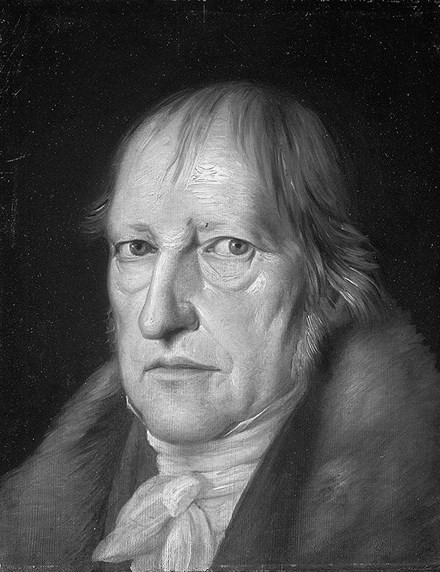
Publication details
Publisher: Palgrave Macmillan
Place: Basingstoke
Year: 2017
Pages: 131-161
Series: Palgrave Frontiers in Philosophy of Religion
ISBN (Hardback): 9783319658995
Full citation:
, "Hegel and the negation of the apophatic", in: Contemporary debates in negative theology and philosophy, Basingstoke, Palgrave Macmillan, 2017


Hegel and the negation of the apophatic
pp. 131-161
in: Nahum BROWN, Simmons (eds), Contemporary debates in negative theology and philosophy, Basingstoke, Palgrave Macmillan, 2017Abstract
This chapter looks at the strained yet fecund relationship between Hegel and the apophatic. For on the one hand Hegel is known as the champion of revelation, of enunciated truth in its most manifest expression as world Spirit. Yet, on the other hand, this manifestation is regulated by an ever-present negation, so that Hegel becomes the impetus for so much thinking around the apophatic in later modernity. Hass argues that, rather than allow this ambiguity to preclude Hegel from the great tradition of apophatic thinking, its very internal division becomes constitutive of a negation that goes to the heart of all apophatics. This "negation of the apophatic", in its circular construction, is developed through the denying, the re-cognizing, the generating and the protecting of apophatics, to end at the "beginning of Hegel", which becomes the bringing forth of what cannot be said across all Hegel.
Cited authors
Publication details
Publisher: Palgrave Macmillan
Place: Basingstoke
Year: 2017
Pages: 131-161
Series: Palgrave Frontiers in Philosophy of Religion
ISBN (Hardback): 9783319658995
Full citation:
, "Hegel and the negation of the apophatic", in: Contemporary debates in negative theology and philosophy, Basingstoke, Palgrave Macmillan, 2017

